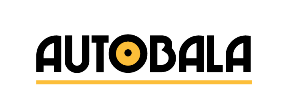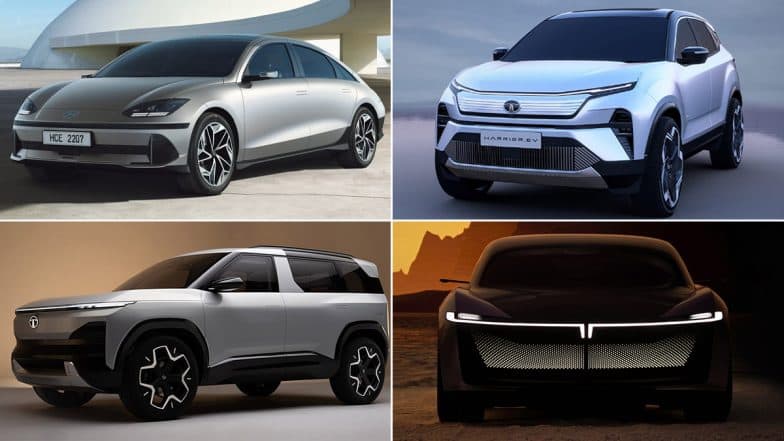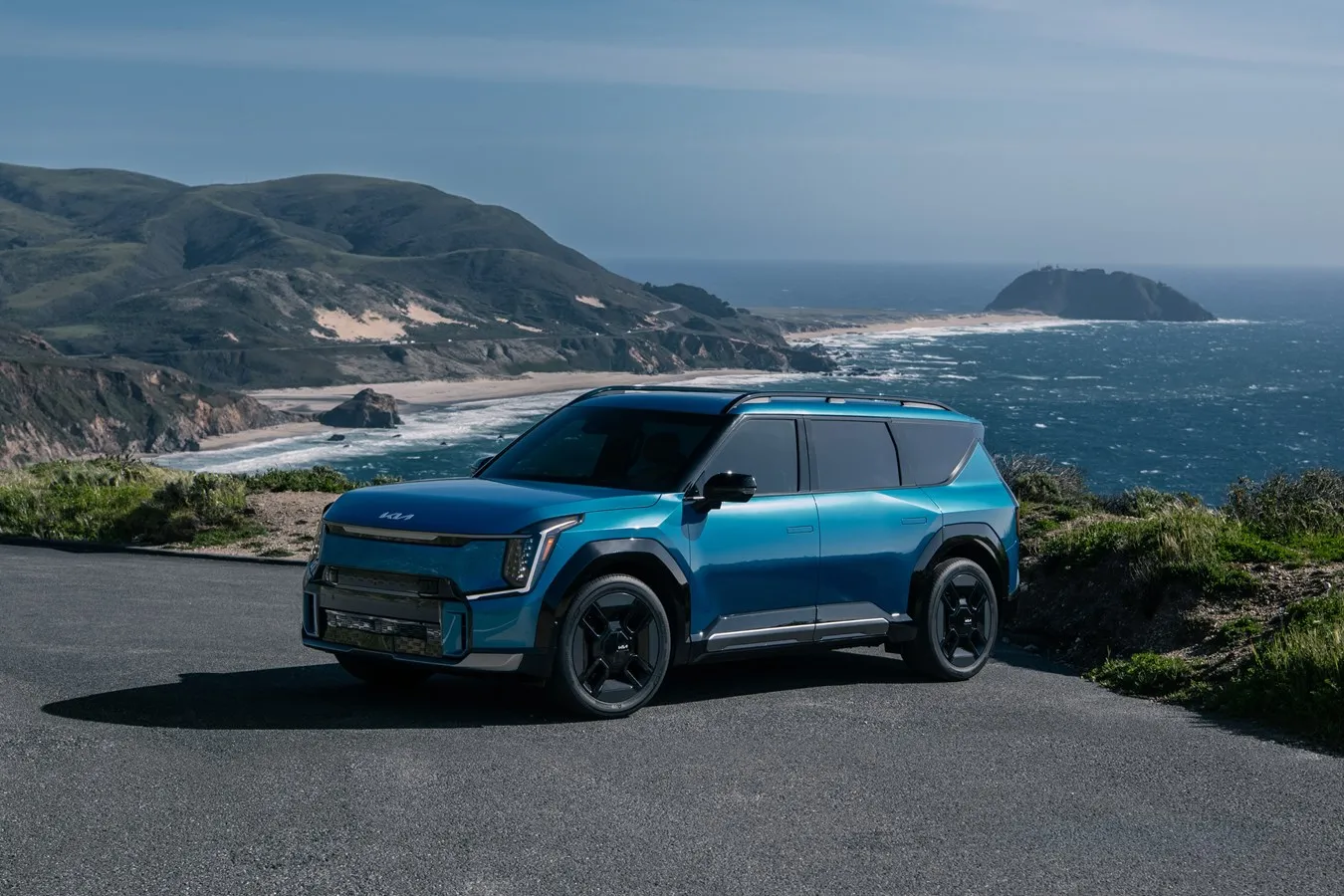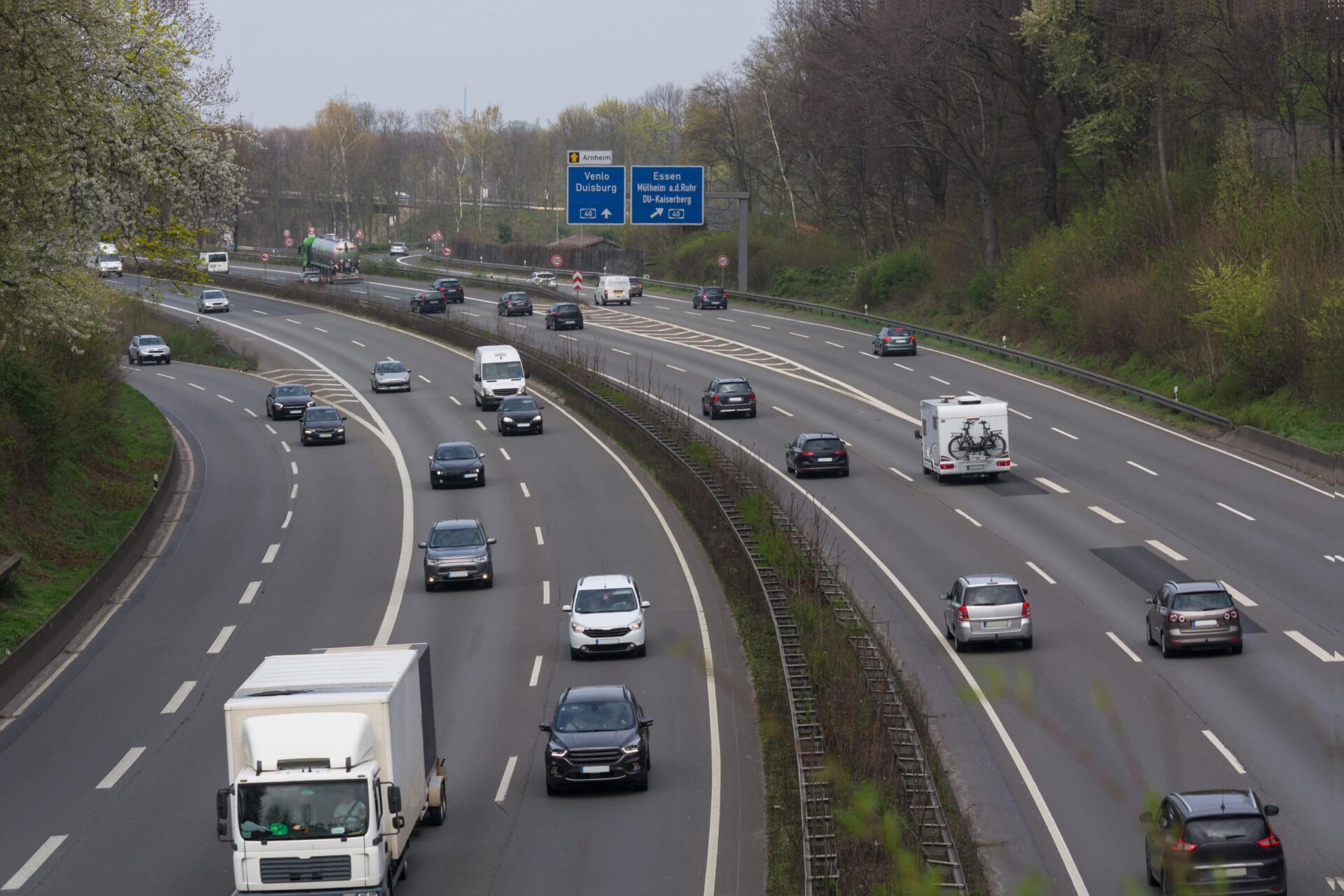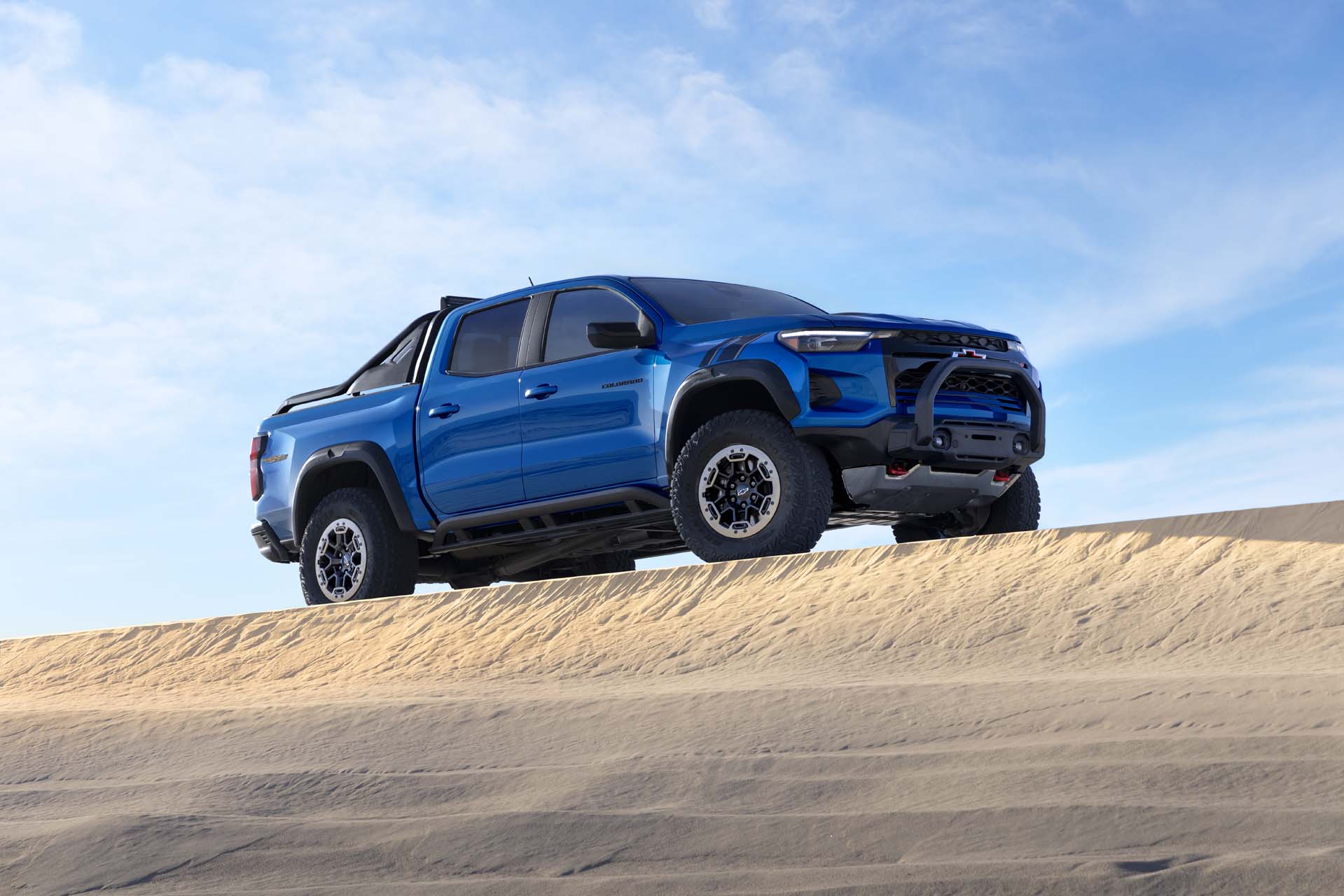“The (Federal Open Market) Committee will continue to assess additional information and its implications for monetary policy,” the Fed said in language that was little changed from its June statement and left the central bank’s policy options open as it searches for a stopping point to the current tightening cycle.
As it stated in June, the Fed said it would watch incoming data and study the impact of its rate hikes on the economy “in determining the extent of additional policy firming that may be appropriate” to reach its 2 percent inflation target.
Meanwhile, new-vehicle interest rates rose from 4.5 percent in March 2022 to 7.2 percent in June 2023, and used-vehicle APRs went from 8.1 percent to 11 percent, according to Edmunds. A new-vehicle lease grew from charging the equivalent of 4.2 percent interest to 5.8 percent, Edmunds said.
The day before the Fed’s decision, Edmunds insights Executive Director Jessica Caldwell noted growth in automaker loan subsidies offered some relief. According to Motor Intelligence, the average incentive spend in June rose 85 percent from a year earlier to $2,048.
“That should take some of the sting out of rising interest rates for qualified consumers with good credit, with the caveat being a shorter loan term than desired in many cases,” Caldwell said in a statement. “All other shoppers will need to tread cautiously if they plan on financing a car purchase this year.”
Higher interest rates are unlikely to curtail auto sales, according to Caldwell. She said fleet and pent-up consumer demand produced “robust” sales in the second quarter despite interest rates breaking 7 percent during that time.
“Healthy sales should carry on for the remainder of the year barring any major disruptions to the supply chain or vehicle production,” she said.
But dealership finance-and-insurance departments might have a harder time capturing revenue from those sales if higher interest rates send customers fleeing to cash deals or cheaper outside financing. The percentage of dealer-financed sales dropped from 57 percent in the first quarter of 2022 to 52 percent in the second quarter of 2023, according to Edmunds. Leasing, which had become less popular for most of the past year and a half, returned to 22 percent in the second quarter, the same concentration as the start of 2022.
Reuters contributed to this report.
https://www.autonews.com/finance-insurance/new-car-loan-interest-rates-above-7-fed-raises-target-rate With new-car loan interest rates above 7%, Fed raises target rate
